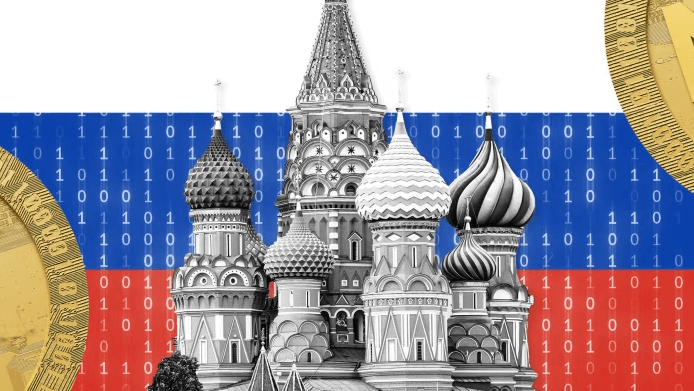-
Introduction
Cryptocurrency has emerged as a transformative force in the global economy, providing financial access to unbanked populations and redefining traditional financial systems. By 2025, digital assets play a significant role in fostering financial inclusion, empowering individuals in developing regions, and reshaping economic structures. This report explores the social impact of cryptocurrencies, highlighting key benefits, challenges, and future prospects.

-
Cryptocurrency and Financial Inclusion
2.1. Access to Banking Services
- Cryptocurrencies provide an alternative to traditional banking for the 1.4 billion unbanked individuals worldwide.
- Blockchain-based financial services enable peer-to-peer transactions without intermediaries.
- Stablecoins offer a low-volatility solution for savings and remittances in economically unstable regions.
2.2. Cross-Border Transactions and Remittances
- Cryptocurrency-based remittance services reduce transaction fees compared to traditional banking methods.
- Faster and more secure cross-border payments empower migrant workers and families in developing countries.
- Decentralized finance (DeFi) platforms enable instant global transactions with minimal costs.
2.3. Empowering Small Businesses and Entrepreneurs
- Small businesses leverage cryptocurrencies for global trade without currency conversion barriers.
- Smart contracts facilitate secure, automated business agreements.
- Decentralized lending platforms provide microloans to entrepreneurs without credit history requirements.
-
Economic Transformation through Cryptocurrency
3.1. Job Creation and New Market Opportunities
- The rise of blockchain technology generates employment in software development, cybersecurity, and financial services.
- Emerging markets benefit from blockchain-based job platforms that offer gig economy opportunities.
- NFT marketplaces and play-to-earn (P2E) gaming platforms create income streams for digital creators.
3.2. Reduction in Wealth Inequality
- Cryptocurrencies provide equal financial opportunities regardless of geographical location.
- Decentralized autonomous organizations (DAOs) promote community-driven economic models.
- Tokenized assets enable fractional ownership of real estate and investments for low-income individuals.
3.3. Transparent and Corruption-Free Financial Systems
- Blockchain technology ensures transparent governance and reduces financial fraud.
- Governments integrate blockchain-based public services for improved accountability.
- Decentralized voting systems enhance democratic participation in economic policies.
-
Challenges and Limitations
4.1. Regulatory Uncertainty
- Inconsistent regulations create barriers to adoption in certain regions.
- Governments work toward balancing innovation with consumer protection.
- Clear legal frameworks are needed to foster sustainable crypto-driven financial inclusion.
4.2. Digital Literacy and Accessibility
- Lack of digital education limits cryptocurrency adoption in underdeveloped regions.
- Efforts are needed to provide user-friendly interfaces for financial inclusion initiatives.
- Training programs and blockchain awareness campaigns help bridge the knowledge gap.
4.3. Cybersecurity Risks and Fraud
- The rise of crypto-related scams and hacking incidents threatens user trust.
- Secure wallet solutions and robust identity verification enhance protection.
- AI-powered fraud detection tools help mitigate cyber threats.
-
Future Prospects of Cryptocurrency’s Social Impact
- Continued innovation in blockchain technology will enhance financial access and security.
- Collaboration between governments, private sector entities, and NGOs will expand crypto-driven economic opportunities.
- The integration of AI and decentralized finance (DeFi) will further revolutionize global financial systems.
-
Conclusion
By 2025, cryptocurrency has significantly contributed to financial inclusion and economic transformation worldwide. While challenges such as regulatory uncertainty and cybersecurity risks persist, the benefits of decentralized finance, transparent governance, and borderless transactions continue to drive social impact. With ongoing advancements and strategic policies, cryptocurrency has the potential to reshape the global economy for the better.
Disclaimer: This article is for informational purposes only and is not investment advice. Investors should research carefully before making any decisions. We are not responsible for your investment decisions.
















